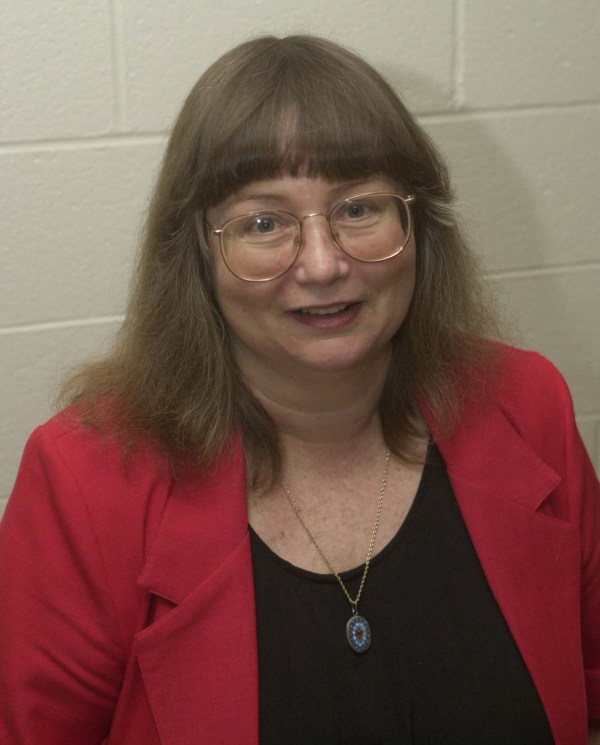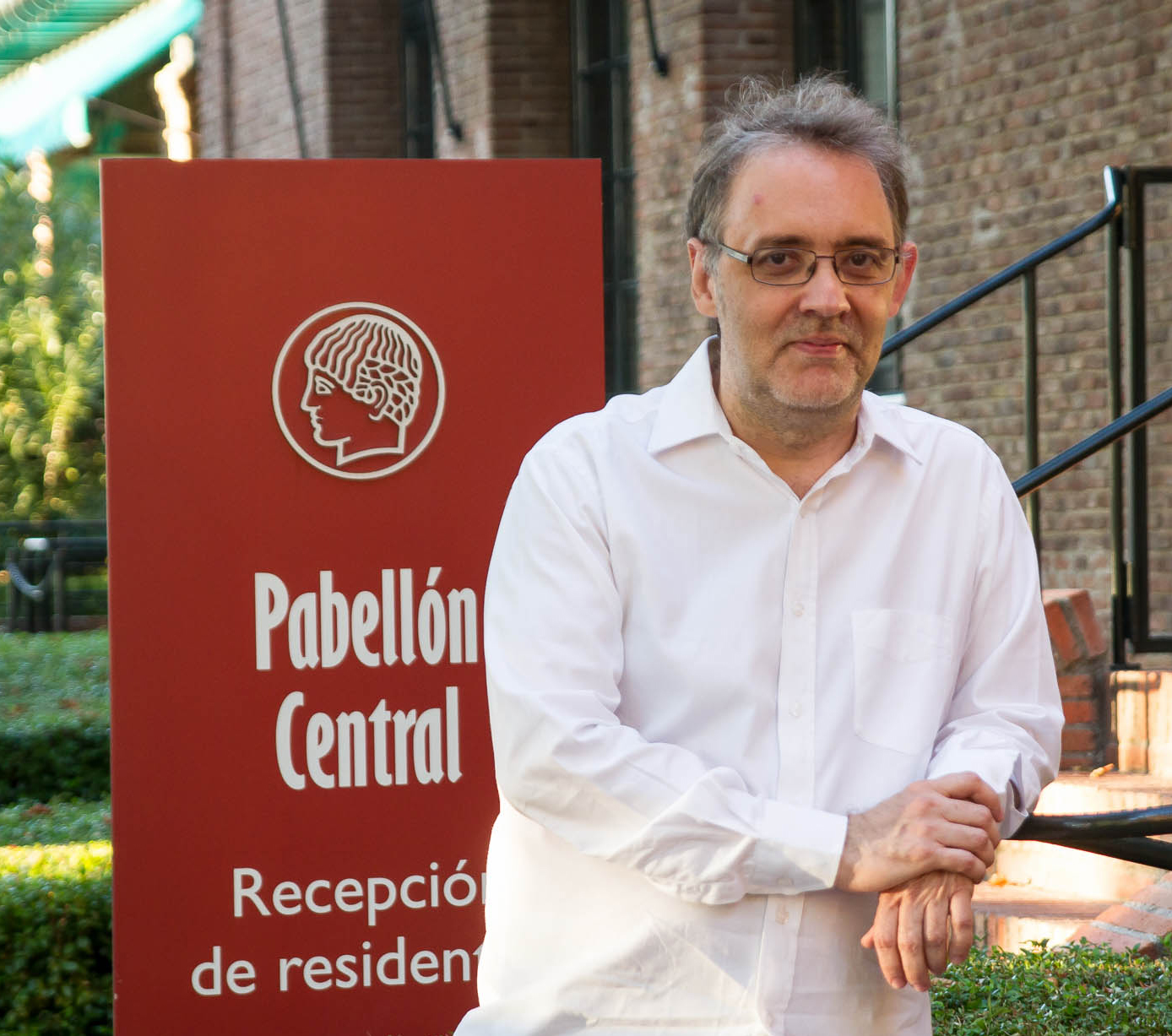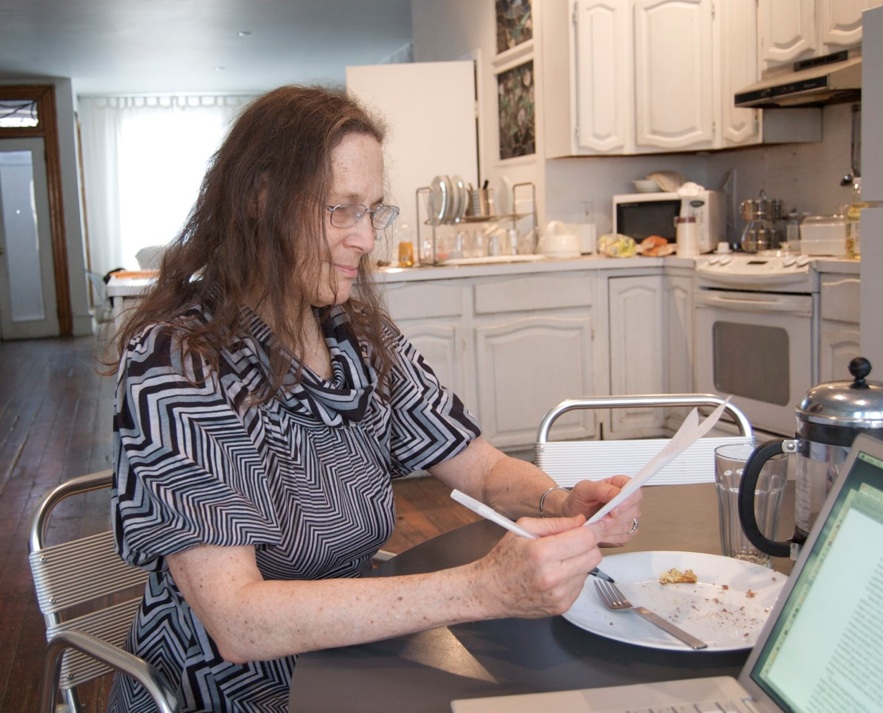A reading in the afternoon
Sunday, July 30, time: 2:00 - 4:00 pm
Davis Centre, Room 1304
University of Waterloo
The Program
About the Coordinator and the Invited PoetsCoordinated by Sarah Glaz, professor of mathematics at the University of Connecticut and poet, the poetry reading at Bridges 2017 features poetry with strong links to mathematics, a great variety of topics, and a wide range of poetic styles. The first part of the program starts with special guest poet, Marco Lucchesi, reading a selection from his mathematical hymns, followed by invited poets: Robin Chapman, Marion Deutsche Cohen, Carol Dorf, Emily Grosholz, JoAnne Growney, Alice Major, Kaz Maslanka, Daniel May, Mike Naylor and Eveline Pye, reading selections from their work. The program concludes with an open microphone period where Bridges participants read their own mathematical poems. A pdf file of the program is available here. More information about the Bridges poetry readings and anthologies is available at Bridges 2017 Poetry Reading website.
|
Sarah
Glaz is
professor of mathematics at the University of
Connecticut specializing in the area of commutative
algebra. She also has a lifelong interest in poetry.
Sarah translated poetry from several languages,
wrote articles on the connections between
mathematics and poetry, experimented with poetry in
the mathematics classroom, co-edited the poetry
anthology Strange Attractors: Poems of Love
and Mathematics, is editor of the print and
online Bridges
Poetry Anthologies 2013, 2014 and 2016, and
served as Guest Editor for the Journal of
Mathematics and the Arts Special Issue: Poetry
and Mathematics. Sarah's mathematical poetry
appeared in: Ibis Review, Convergence, The
American Math Monthly, The Ghazal Page,
Journal of
Humanistic Mathematics, Recursive Angel,
Talking Writing, American Scientist, The London
Grip, and several anthologies.
She is an associate editor for Journal of
Mathematics and the Arts.
|
Website: https://translate.google.com/translate?hl=en&sl=pt&u=https://pt.wikipedia.org/wiki/Marco_Lucchesi&prev=search |
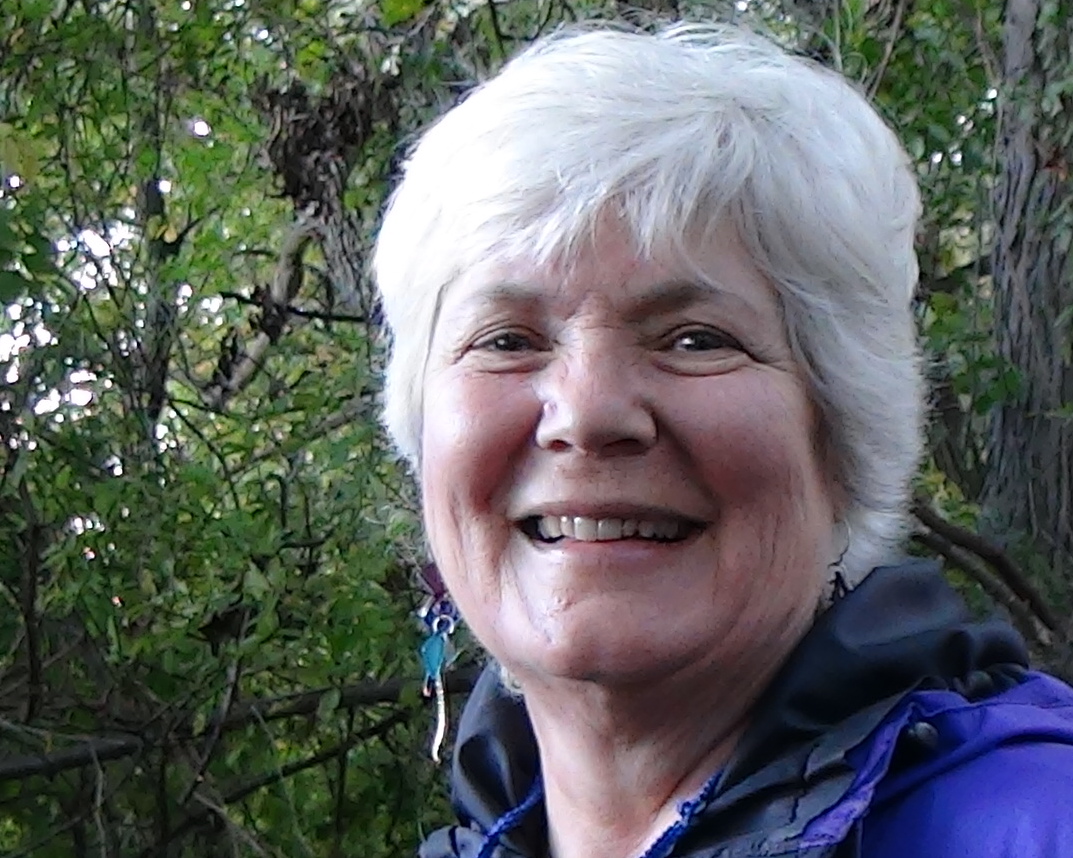
Website: http://robinchapmanspoetryandpainting.blogspot.com/ |
Marion
Deutsche Cohen holds
a Ph.D. degree in mathematics from Wesleyan
University and teaches at Arcadia University. Her
latest poetry collection, Truth and
Beauty (WordTech Editions, 2017), is about the
interaction among students and teacher in her
course, Mathematics
in Literature. Author of twenty-seven books of
poetry and prose, Marion published in her first
volume of poetry, The Weirdest Is
the Sphere, a mathematical poem dating back to
age seven. Her later mathematical poems were
collected in her volume, Crossing the
Equal Sign (Plain View Press, 2006). Her
oeuvre includes two controversial memoirs about
spousal chronic illness. All of
her books have some mathematics in them. Marion
lives with her husband in Philadelphia, where in
addition to poetry and mathematics, she enjoys food,
thrift shop expeditions, and visits from her
grown-up children and grandchildren.
Website: http://www.marioncohen.net/ |
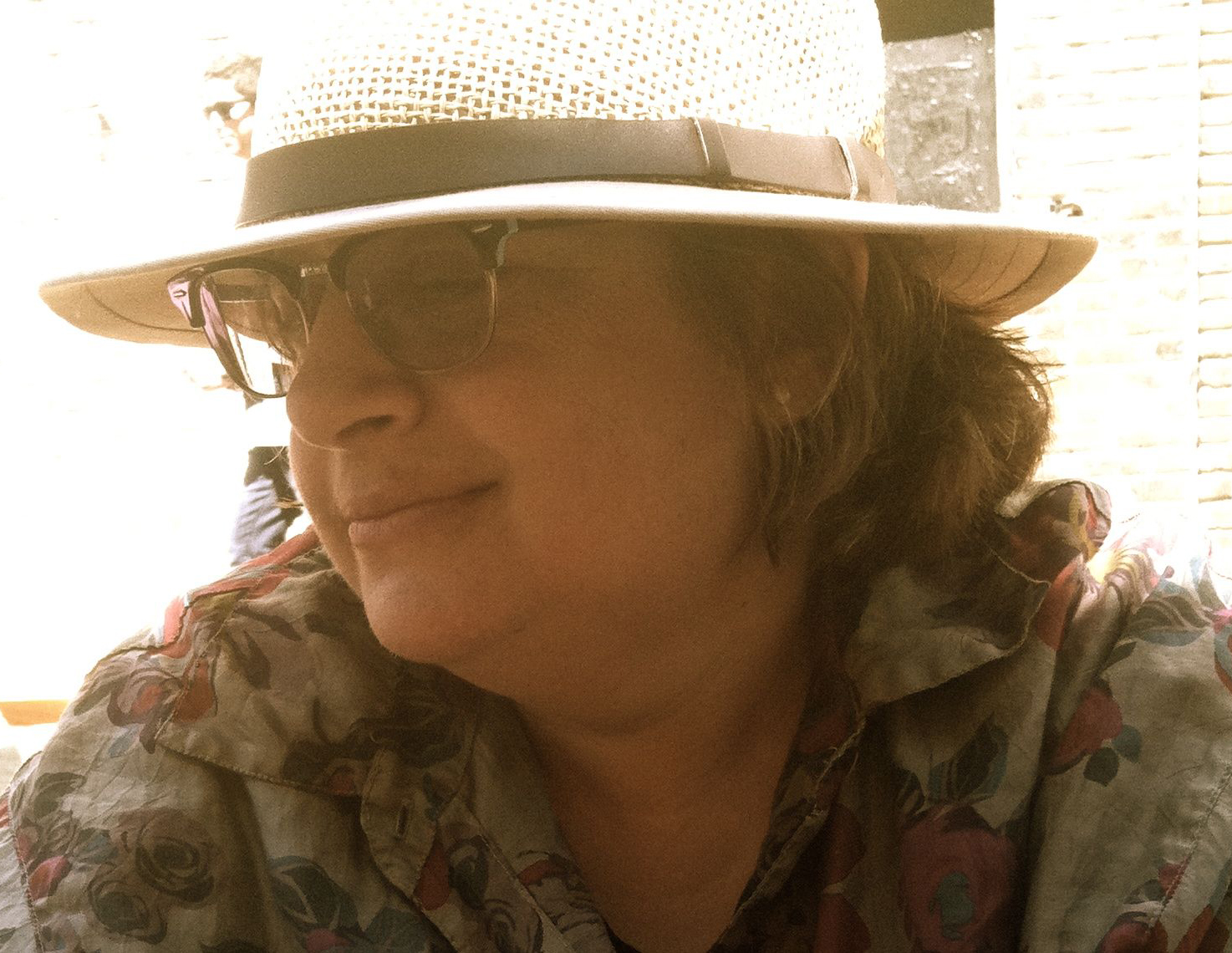
Carol Dorf
is fascinated with the boundaries between
disciplines, particularly mathematics and poetry.
She is poetry editor of Talking Writing where
she writes about issues in contemporary poetry,
and has edited two issues on mathematical poetry,
as well as an issue on poetry occupying the
interstitial space of nature and technology. Carol
teaches high school mathematics, and leads poetry
reading and writing workshops, as a
California-Poet-in-the-Schools, at Berkeley City
College and other art venues. Recently she tried
to bring her loves together by introducing poetry
into the mathematics classroom and by teaching
poetry writing to mathematics teachers. Her
chapbook, Theory Headed Dragon, published
in 2016, is available through Finishing Line
Press. Carol's
writing appeared in
Vinyl,
Glint, Slipstream, Spillway, Sin Fronteras,
About Place, The Journal of Humanistic
Mathematics, American Scientist, Scientific
American, Maintenant, and elsewhere.
Website: http://talkingwriting.com/why-poets-sometimes-think-in-numbers/ Sample poem: Gold standard |
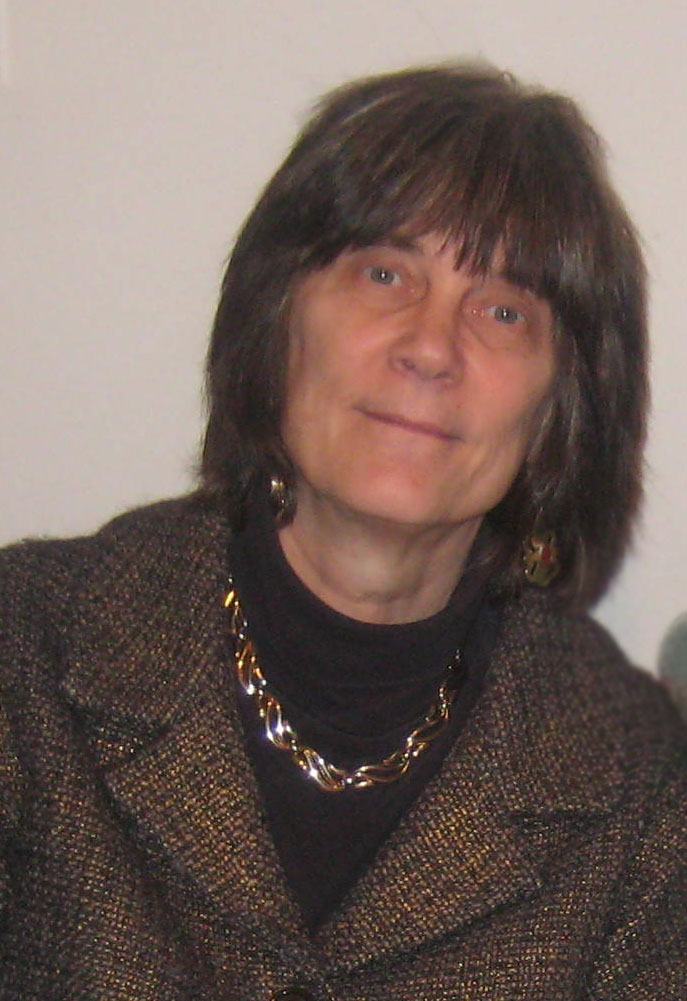
Emily Grosholz is Edwin Erle Sparks Professor at Pennsylvania State University, and has been an advisory editor for the Hudson Review for thirty years. The Stars of Earth: New and Selected Poems will be published in 2017 by Word Galaxy/Able Muse Press, with drawings by Farhad Ostovani. Her latest chapbook, Childhood, published by Accents Publishing with drawings by Lucy Vines Bonnefoy, has raised over $2500 in the past two years for UNICEF. A Japanese translation by Atsuko Hayakawa and an Italian translation by Sara Amadori were recently published, and a French translation by Pascale Drouet is underway. Her philosophy book Starry Reckoning: Reference and Analysis in Mathematics and Cosmology is just out from Springer, which will publish her book on poetry and mathematics, Great Circles: The Transits of Mathematics and Poetry, next year.
Sample poem: The Continuum: Trying to describe the Reals in Cambridge |
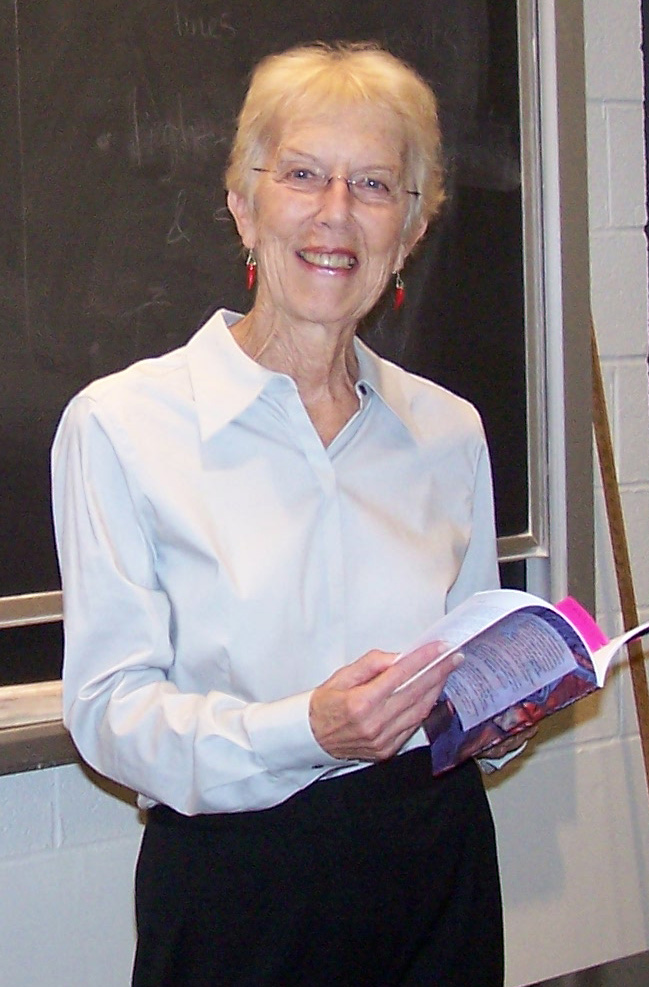
JoAnne Growney
has
retired from teaching mathematics at Bloomsburg
University, PA and now lives in Silver Spring, MD
where she writes a few poems, guides occasional poetry
workshops, blogs (on "Intersections
-- Poetry with Mathematics")
and enjoys both mathy and poetic conversations with
her grandchildren. During childhood on a farm in
Western Pennsylvania, JoAnne began to love poetry when
she found Robert Louis Stevenson's
A Child's
Garden of Verses on her family's
bookshelf, but then she left poetry for a time as
scholarships in mathematics enabled her to finance
some education. Now she delights in the elegance of
language in both mathy and poetic domains and hopes to
use words effectively not only for enjoyment and
insight but also to promote vital causes, including
equal opportunities and recognition for women and
protection of our environment.
|
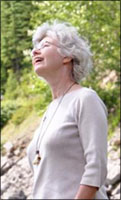
Alice
Major will
publish
her eleventh poetry collection Welcome to
the Anthropocene, in 2018 with the
University of Alberta Press. Her book of essays, Intersecting
Sets: A Poet Looks at Science, has been
awarded the Wilfrid Eggleston Award for
non-fiction. Among her writing awards are the Pat
Lowther Award for poetry. Her interest in
mathematics began at the age of twelve, when she
was introduced to non-Euclidean geometry in one of
Martin Gardner's books. Ever
since, like Percy Bysshe Shelley, she turns to
math and science "to replenish my store of
metaphor." She has been president of the League of
Canadian Poets, first poet laureate for her home
city of Edmonton (in western Canada), and is the
founder of the Edmonton Poetry Festival. In 2012
Alice was inducted to Edmonton's Arts and Culture
Hall of Fame.
Website:
http://www.alicemajor.com/
|
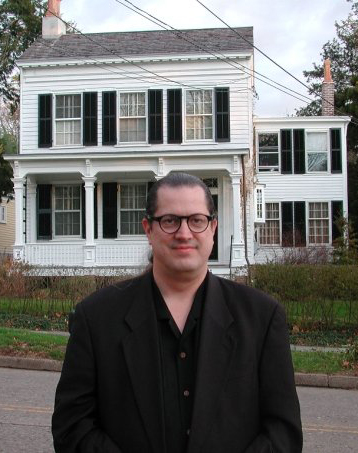 Kaz Maslanka
received a BFA in sculpture from Wichita State
University, where he also studied music,
mathematics and physics. He has been
pioneering mathematical poetry for over thirty
years and was nominated for a pushcart prize
in poetry. His polyasthetic work maintains an
international presence through exhibitions and
museum collections around the world, as well
as through his award winning blog,
"Mathematical Poetry" (see link
below). Kaz lives in San
Diego, California where he works both as an
artist and as an engineering group leader
designing parametric CAD models for aerospace
technology. He is on the board of directors of
San Diego's
Sonic Arts Studio and serves on
the advisory boards of the Bronowski Art
and Science Forum and the project, DNA
of Creativity, sponsored by San Diego
Visual Arts Network. Blog
website: http://mathematicalpoetry.blogspot.com/
|
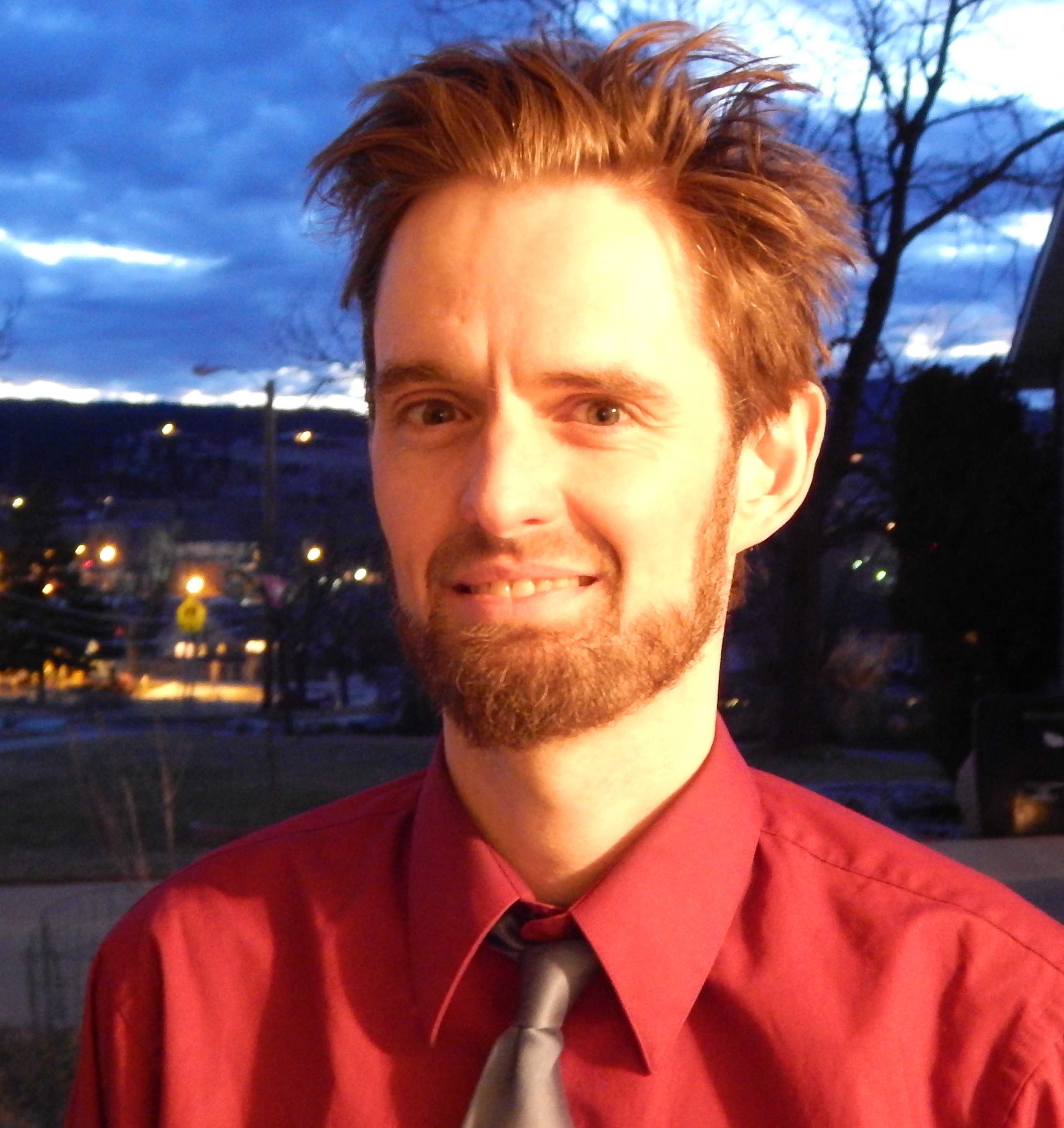
Dan
May is
an assistant professor of mathematics at Black
Hills State University in Spearfish, South Dakota.
His Ph.D. research focused on Mutually Unbiased
Bases, an area which incorporates topics from
linear algebra, group theory and finite geometry.
His recent research interests include the
connections between poetry and discrete
mathematics, and the combinatorics of card games
such as Set
and
Spot It. Dan has been spending his last
several summers working with Bridge to Enter
Advanced Mathematics (BEAM), a summer residential
mathematics program for underserved students from
New York City public middle schools. He has also
received Title II grants to create and teach
in-service workshops for South Dakota middle
school teachers. Dan moonlights as a musicologist,
and has presented several seminar talks on a
variety of musical genres at his university.
|
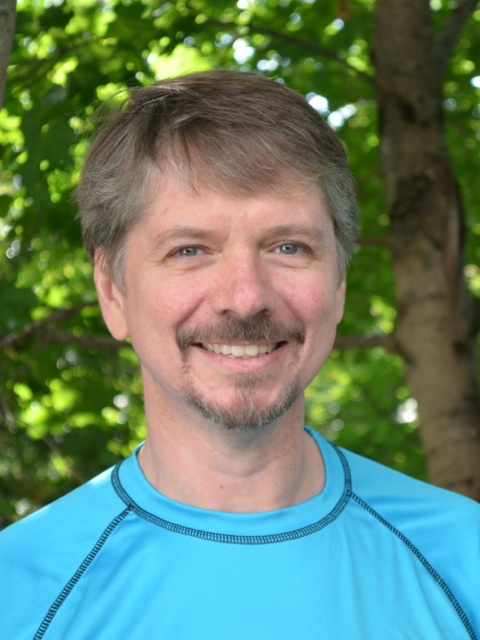
|
Website: http://onlinelibrary.wiley.com/enhanced/doi/10.1111/j.1740-9713.2011.00510.x Sample poem: Black swan |
Open Microphone and Late Additions
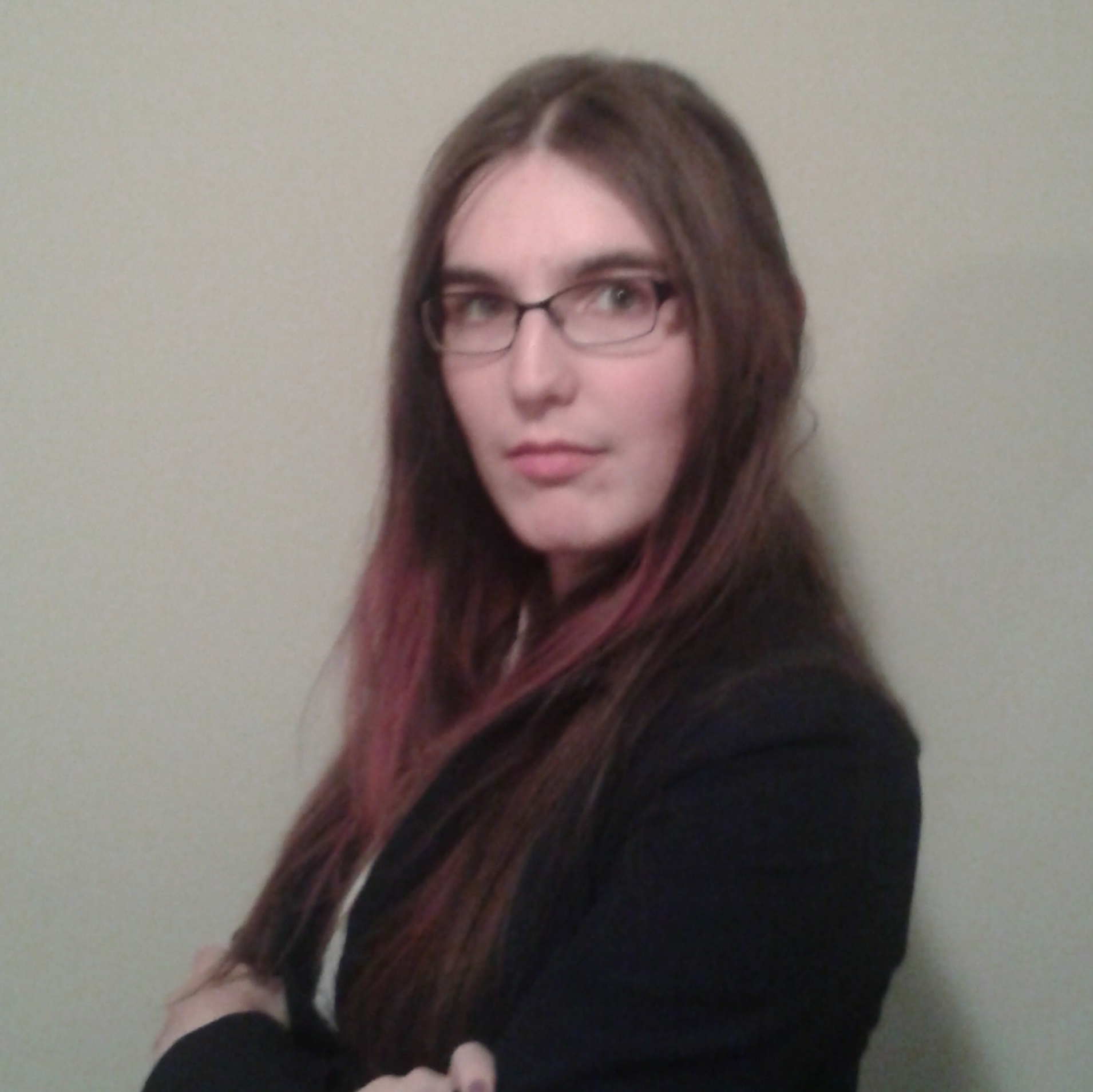
University of Waterloo, Waterloo, ON, Canada
https://www.facebook.com/draa.teravet
Reading her poem "The Poisson Distribution"
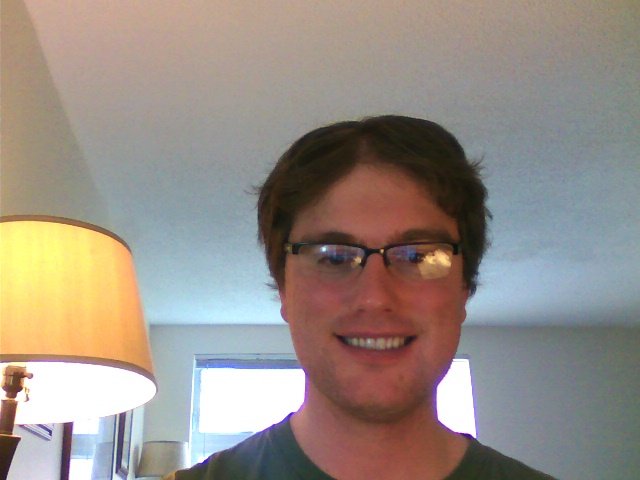
J.C. Saunders
University of Waterloo, Waterloo, ON, Canada
https://uwaterloo.ca/pure-mathematics/about/people/jc-saunders
Reading his poem "A Rare Joy"
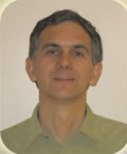
Carlos Puente
University of California, Davis, CA, USA
http://puente.lawr.ucdavis.edu/index.htm
Reading his poem "Le Plus Improbable" (Deterministic, a gift!)
Osmo Pekonen
University of Jyvaskyla, Jyvaskyla, Finland
http://www.ad.jyu.fi/users/p/pekonen/
Reading his translation from the Finnish of Eeva-Liisa Manner's poem "Descartes"
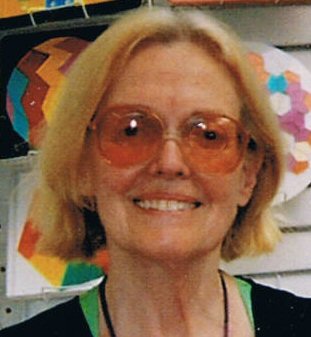
Kate Jones
Kadon Enterprises, Inc., Pasadena, MD, USA
http://www.gamepuzzles.com/kjbio.htm
Reading her poem "Stomachion, the Quest"
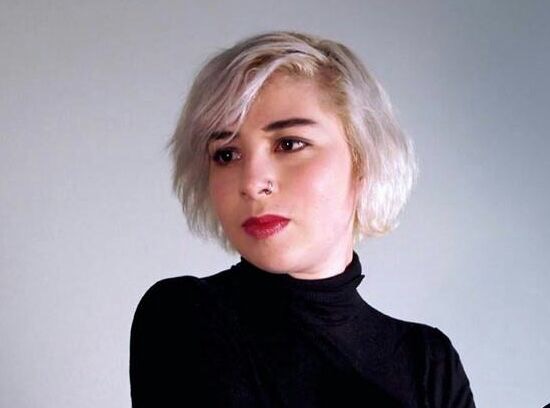
Andrea Lumbreras
National Center of the Arts (CENART), Mexico City, Mexico
Reading her poem "Between 0 and 1" (translated from the Spanish by Dubravka Suznjevic)
Rashmi Sunder-Raj
Waterloo, ON, Canada
Reading her poem "I resolve"
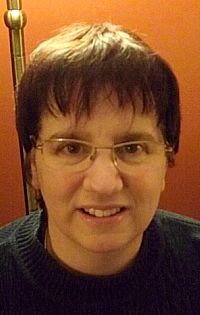
Lisa Lajeunesse
Capilano University, North Vancouver, BC, Canada
http://66.51.172.120/llajeune/
Reading her poem "An Equation for Love"
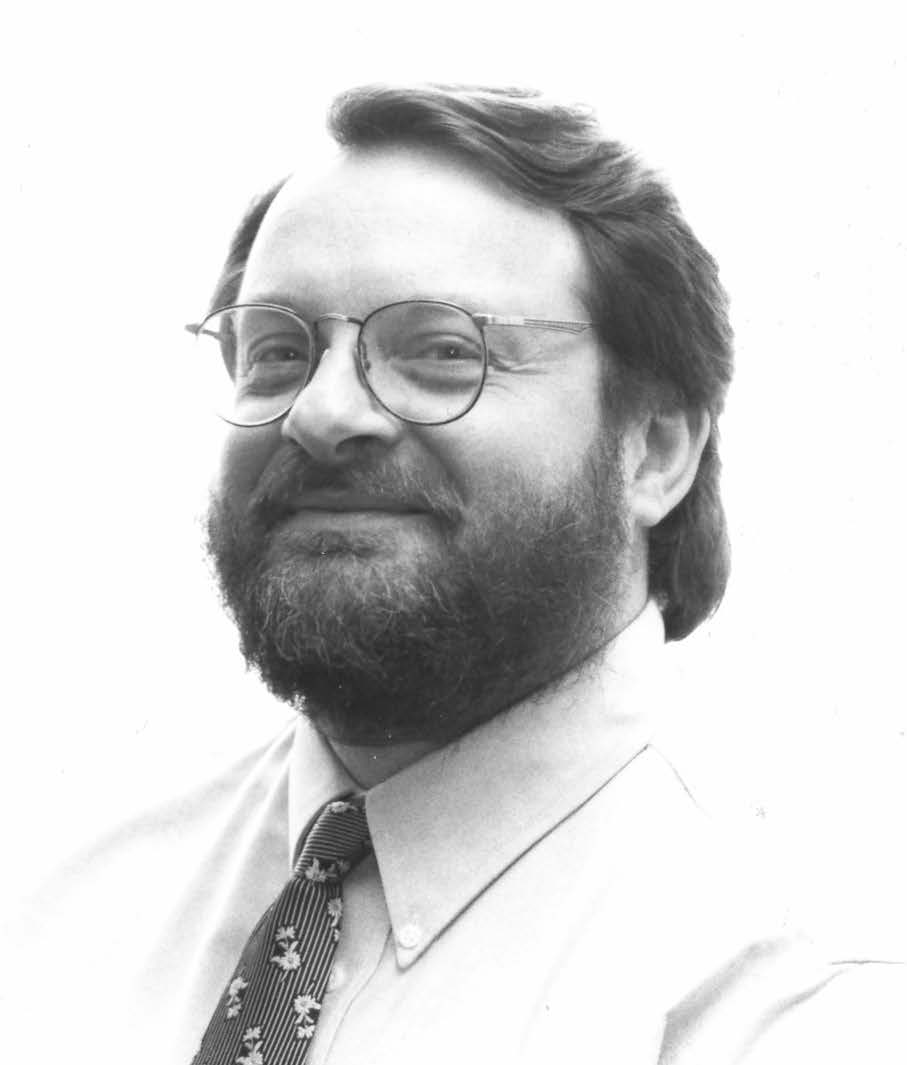
Doug Norton
Villanova University, Villanova, PA, USA
http://www18.homepage.villanova.edu/douglas.norton/
Reading his poem "Bridges Ghazal"
Bob Rollings
Toronto, ON, Canada
http://gallery.bridgesmathart.org/exhibitions/2013-bridges-conference/bob-rollings
Reading the poem "Evolution" by Langdon Smith
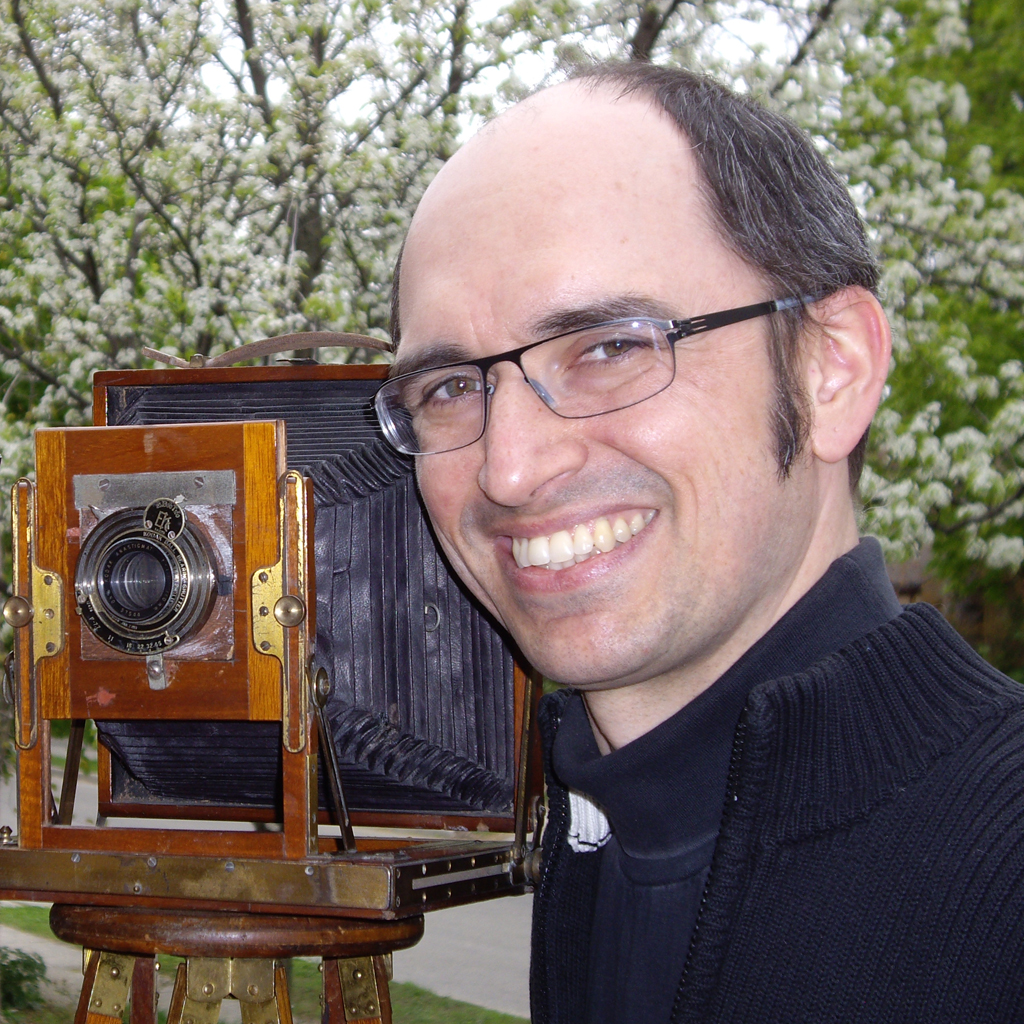
Stefan A. Rose
Waterloo, ON, Canada
http://www.stefanrose.ca/index.html
Reading his poem "On the Operations of the Geometric Military Compass"
Attention Bridges participants!
---------------------------------------------------------------------------------------------------
Back to Mathematical Poetry at Bridges
